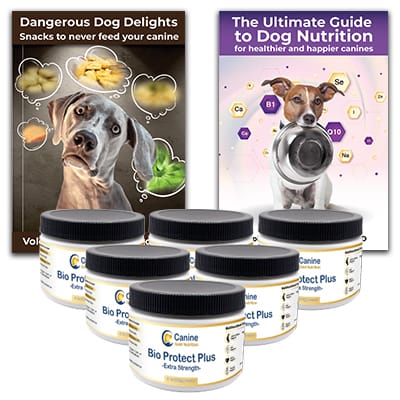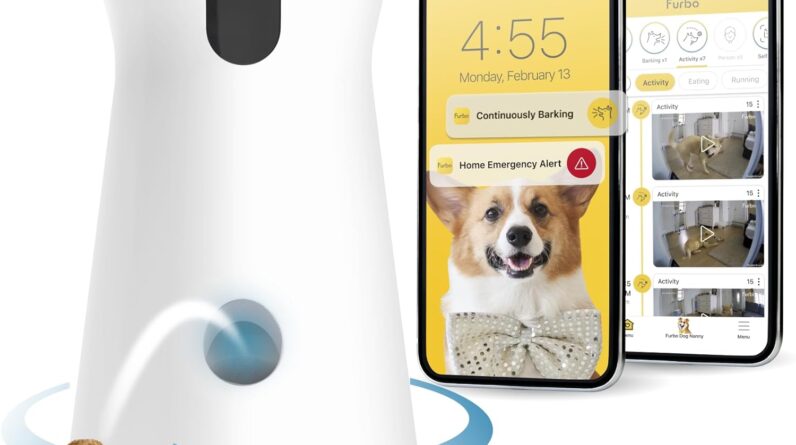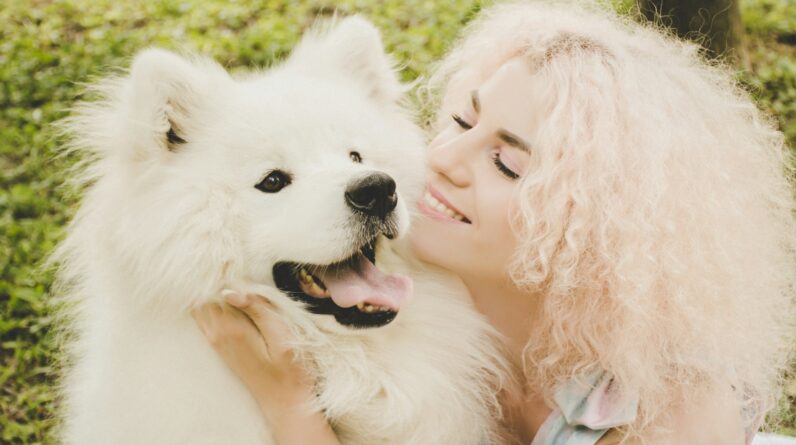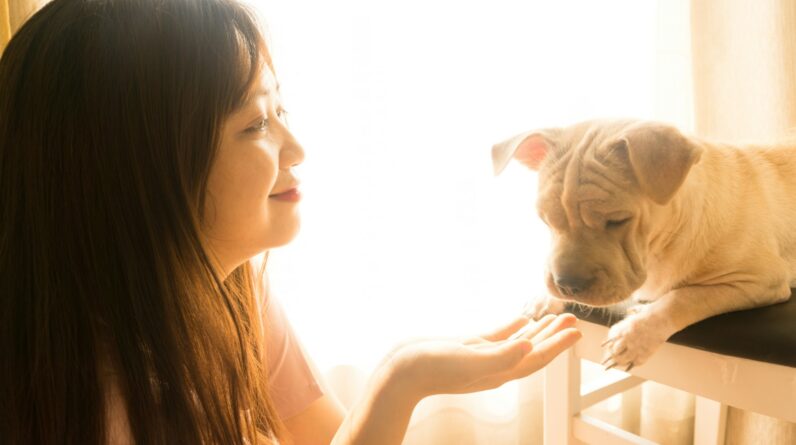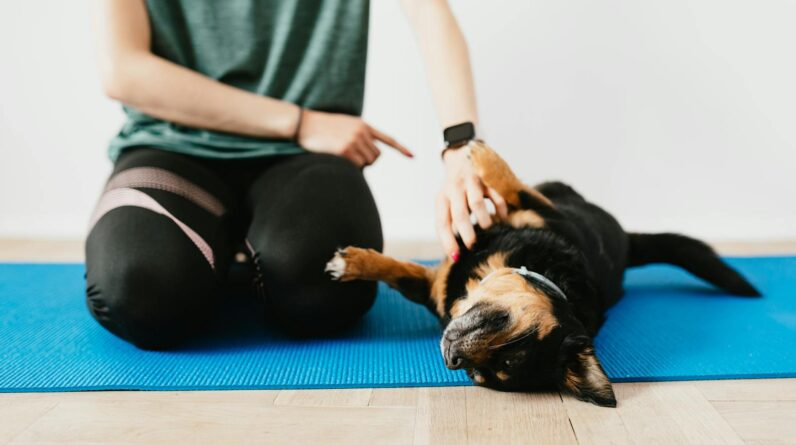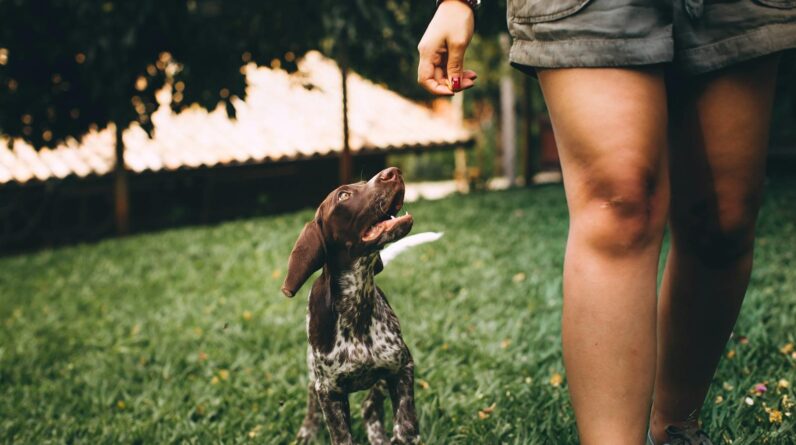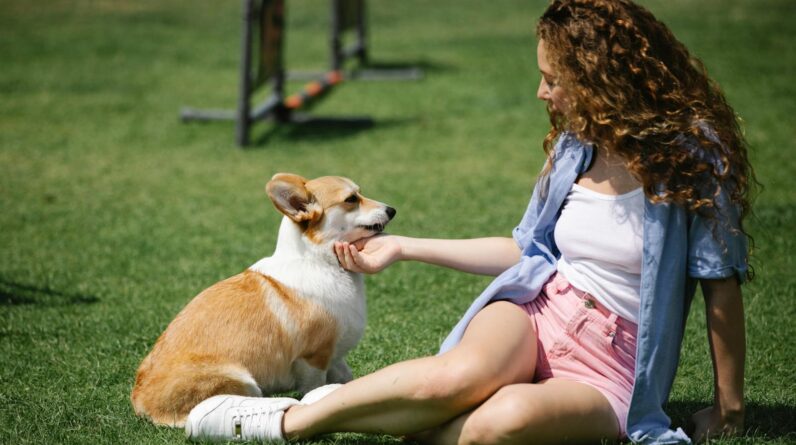
Welcome to the World of Dog Parenting
Getting a new dog? That’s super cool! But, just like when you bring a new friend home, there are things you need to get ready. Let’s make sure you have everything checked off your list, so you can be the best dog buddy ever.
Find a Comfy Dog Bed
Dogs love to nap. A lot! Make sure your furry pal has a cozy bed to snooze in. The bed should be big enough for them to stretch out but small enough so they feel safe and snug.
Food and Water Bowls
Your pup needs to eat and drink, right? Grab some bowls – one for food and one for water. Heavy ones are good, so they don’t tip over when your dog gets really hungry and excited.
Pick the Right Dog Food
What goes in the bowl? Food, of course! But not all dog food is the same. Some are for puppies, some for grown-ups, and some for older dogs. Choose the right one, and ask your vet if you’re not sure.
Collar and ID Tag
A collar is like your dog’s clothes, they wear it all the time. It should fit well, not too tight, not too loose. Clip on an ID tag with your dog’s name and your phone number, just in case they go for a solo adventure and need help getting back home.
Leash for Walkies
Dogs need exercise, just like us. Get a sturdy leash for walks. It helps you keep your dog close by when you’re exploring the neighborhood together.
Time for Training
Teaching your dog manners is super important. Training helps them understand what’s okay and what’s not. Simple commands like ‘sit’, ‘stay’, and ‘come’ are a great start. And, hey, treats work well to say ‘good job’ when they listen.
Grooming Stuff
Keep your dog looking cool and feeling good with the right grooming tools. A brush for their fur type, doggy shampoo, and nail clippers should be on your list. And remember to brush their teeth, too!
Toys for Fun Times
Playtime is happy time for dogs. Toys keep them busy and help them not chew on your shoes or furniture. Balls, ropes, and chew toys are all good picks. Just make sure they’re safe for your pup to play with.
First-Aid Kit
Just like us, dogs can get boo-boos. A first-aid kit can fix them up till you get to the vet. Some bandages, antiseptic wipes, and tweezers for those pesky thorns are good basics for your kit.
Find a Good Vet
Happiness is a healthy dog. A good vet will help you keep your dog feeling their best. Set up a check-up visit and stick to their vaccine schedule. It’s also a good time to talk about when to fix your dog (that’s spay or neuter) to help prevent more homeless pups.
Make a Potty Plan
Potty time – dogs can’t use a toilet like we do, so we need to help them out. Decide where your dog will go to the bathroom and teach them to go there. Whether it’s in your yard or on a walk, stick to a schedule so they learn when to go.
Create a Cozy Home
Your home is now your dog’s home, too. Make it safe by keeping things they shouldn’t eat or play with out of reach. That means wires, small items, or anything that could hurt your new buddy should be tucked away. It’s your job to make sure their new pad is safe and comfy.
Phew! That seems like a lot, right? But, don’t worry, once you get these things sorted, you’re all set for a super fun life with your new furry family member. Take things one step at a time and enjoy the ride – it’s going to be pawsome!
What essentials do I need to buy for my new dog?
You’ll need to grab some basics: a comfortable bed, food and water bowls, a high-quality dog food, a collar with an ID tag, a leash for walks, and chew toys to keep them busy. Don’t forget poop bags for clean-up on walks!
If your new furry friend is a puppy, consider getting some puppy pads for house training. A crate can also offer a safe space for them to sleep and relax. Make it cozy with a favorite blanket.
How do I puppy-proof my home for safety?
Start by scanning your place for anything that can be harmful. Tuck away electrical cords, secure trash bins, and make sure any toxic plants or chemicals are out of reach. Puppies are curious and will chew on nearly anything!
Install baby gates if needed to restrict access to certain areas. Be mindful of small objects that can be swallowed. Keep personal items like shoes and clothes in closed closets to avoid temptations for your new pup.
What’s the best way to introduce my new dog to their new home?
Introduce your new dog to their new space slowly. Show them around, letting them sniff and explore under your supervision. Guide them to their own designated spots for eating, sleeping, and playing to help them settle in.
Keep things calm and peaceful during the first few days. Too much excitement can overwhelm your dog. Consistency with routine and gentle encouragement will help them feel secure and build their confidence in their new home.
Should I start training my new dog right away?
Yes, start with simple commands like ‘sit’, ‘stay’, and ‘come’ to establish basic obedience. Short, frequent training sessions work best. Keep it positive with lots of praise and treats for good behavior.
Crate training and housebreaking should also start as soon as your dog comes home. Patience is key. Remember, dogs learn at different paces, and it’s okay if they take a bit of time to grasp new rules and commands.
How often should I take my new dog to the vet?
Take your new dog for a vet check-up within the first few weeks of bringing them home. This ensures they’re healthy and allows you to get up-to-date with vaccinations or any needed treatments. Your vet can also provide flea and tick prevention.
After the initial visit, yearly check-ups are typically recommended. However, puppies and senior dogs may need to see the vet more often. Always monitor your dog’s health and behavior, and if anything unusual pops up, consult your vet promptly.
Key Takeaways
- Gather Essential Supplies: Start with basics like a leash, collar, name tag, food and water bowls, and a comfy bed. Also, don’t forget puppy pads if you’re potty training.
- Choose the Right Food: Pick a high-quality dog food suitable for your dog’s age, size, and breed. Consult your vet if you’re feeling unsure.
- Set Up a Vet Visit: Schedule a check-up to ensure your furry pal is healthy, and start a vaccination routine. Also discuss spaying or neutering.
- Plan for Training: Teaching basic commands will make both your lives easier. Consider a local training class or use online resources.
- Safe Home Environment: Dog-proof your place! Hide away anything that’s dangerous for them to chew or swallow, like wires or small objects.
- Exercise is Key: Make sure there’s plenty of playtime and walks to keep your pooch healthy and happy. Tailor activities to their energy level.
- Establish a Routine: Consistency is comforting. Set regular times for meals, walks, and bedtime to give your dog a sense of security.
- Invest in Grooming Tools: Depending on the breed, you’ll need brushes, shampoos, and nail clippers. Keep them looking and feeling their best!
- Socialize Your Dog: Introduce them to different people, dogs, and environments. It helps them to become well-adjusted adults.
- Be Patient and Loving: Encourage good behavior with positive reinforcement. Remember, building trust takes time!
- Consider Pet Insurance: Vet bills can be expensive. Pet insurance might save you from a financial strain in case of unexpected illnesses or injuries.
- Find Quality Time: Bond with your new companion through play, cuddling, and training. These moments strengthen your relationship.
- Identify Local Pet Services: Know where the nearest veterinarian, pet emergency room, and groomers are. Also, look up parks and doggy daycare centers for their social needs.
- Prepare for Emergencies: Keep a first aid kit and know basic pet first aid. Have an emergency plan that includes your dog in case of evacuation or disaster.
Final Thoughts
Remember, owning a dog is a big deal. It’s like your fluff ball is now your kiddo. So, first things first, vet check-ups and vaccinations are non-negotiable. You’re gonna want to keep your furry friend as healthy as a horse. Next up, training and socialization are key. Dogs need to learn the ropes about behaving and playing nice with others.
Also, the gear you grab for your pooch matters. A comfy bed, some durable toys, and the right food will go a long way. And don’t forget the leash for those fun walks! Lastly, patience and love are the secret sauce in this whole dog-owning gig. It ain’t always easy, but it’s always worth it when they look at you with those big, adorable eyes. So keep your heart and home dog-ready, and enjoy the ride with your new best pal!

